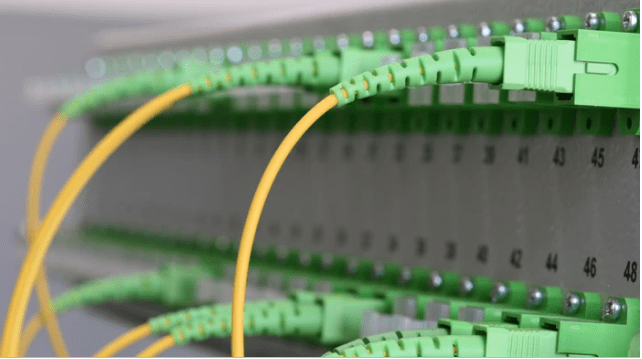Each Friday, the Wagner Planner editorial board will publish a news roundup of recent planning news. Topics range the gamut of urban planning concentrations, but will mostly be at the discretion of the editors.
Brendan’s Picks
For Those Living in Public Housing, It’s a Long Way to Work
“Proximity to jobs isn’t the only thing that makes a neighborhood worthy of settling down in, of course. Access to good grocery stores, health care, schools, family and friends could all rank higher on anyone’s priority list. But research shows that, particularly for hourly or low-wage workers, spatial mismatch can increase rates and lengthen spells of unemployment. Employers lose out, too, if they can’t find enough staff.” (CityLab)
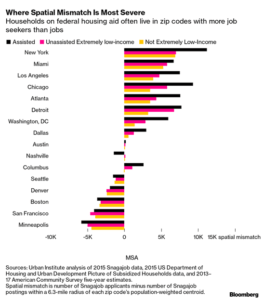
Port Authority’s initial bus stop eliminations showing on-time improvements
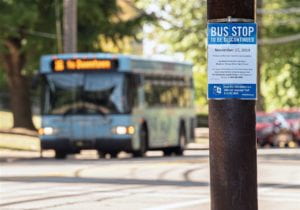
Columbia Street Two-Way Bus Corridor Opens Saturday
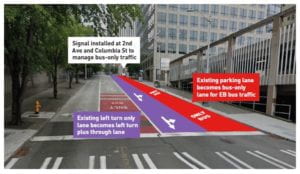
Mayelly’s Picks
Drivers Feel Abandoned by Uber and Lyft as Coronavirus Pandemic Emerges
“Posters also expressed feeling left out in the cold by everyone, from city governments to Uber itself. ‘All kidding aside we (the drivers) will be in big trouble in a couple of weeks with this virus,’ a user wrote in another thread. ‘NOBODY gives a crap about us […] We have to work even when sick because we don’t make enough to ride it out for weeks & months.’” (Vice)
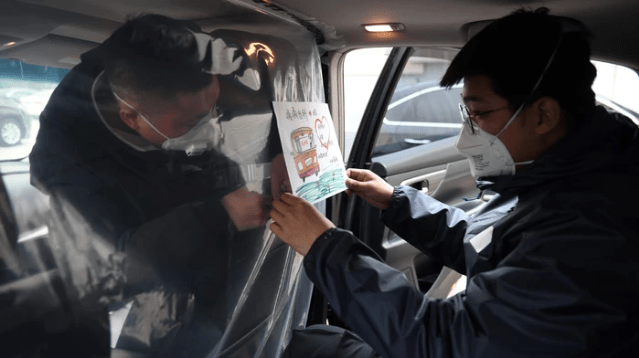
The Way a City Handles Snow Says Everything About How It Treats Pedestrians
“In Minneapolis, Ann Arbor, New York, Boston, and most of the United States, clearing snow from sidewalks, bus stops, and even fire hydrants is the job of adjacent property owners. This peculiar system, in which private citizens are required to maintain public infrastructure, is typically enforced by fines, which—when levied at all—may disproportionately punish low-income, older, and disabled homeowners who have neither the physical ability to shovel nor the means to pay someone else to do so. For pedestrians, the result is an obstacle course of icy goat trails, towering snow piles, and puddles of slush.” (Slate)
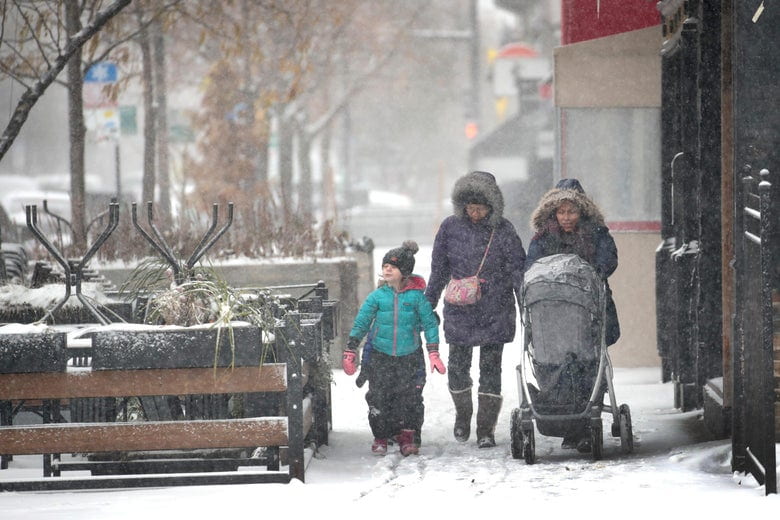
Why Your State Has Terrible Internet Access
“A new study released this week by the Pew Charitable Trusts took a closer look at which states are doing a good job shoring up access to better, faster, broadband, and why some states are falling behind when it comes to fixing one of America’s most stubborn problems.” (Vice)
